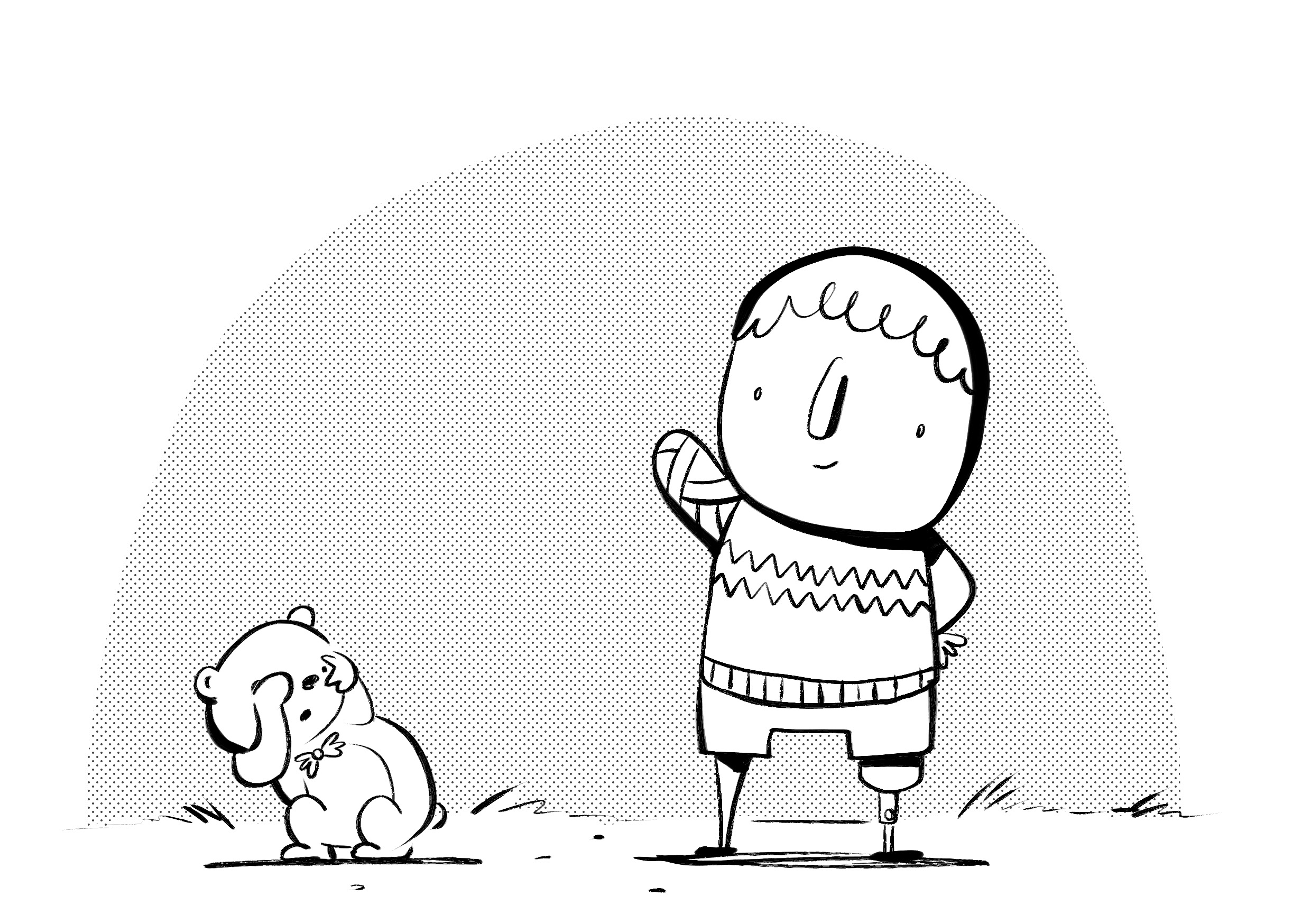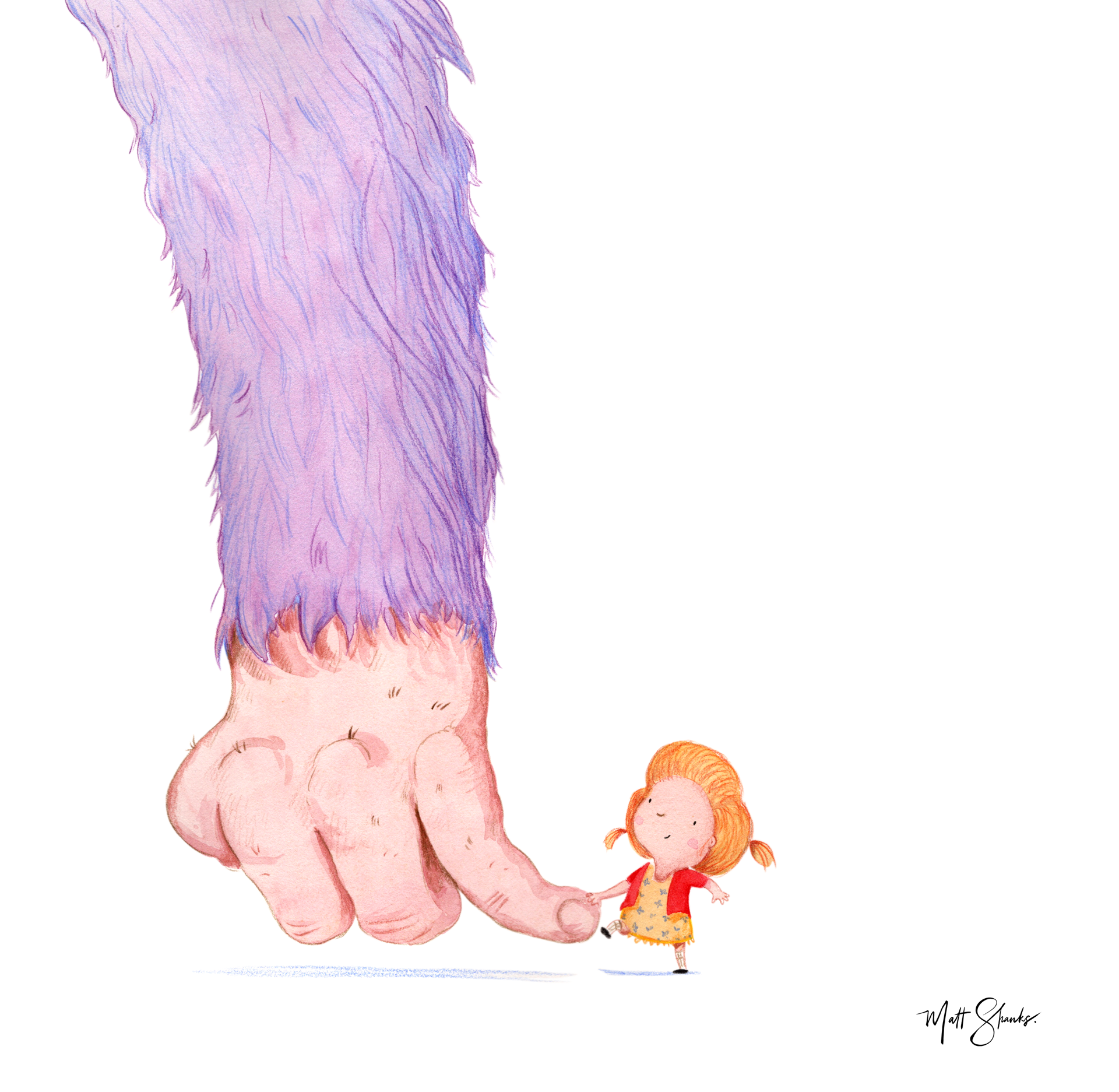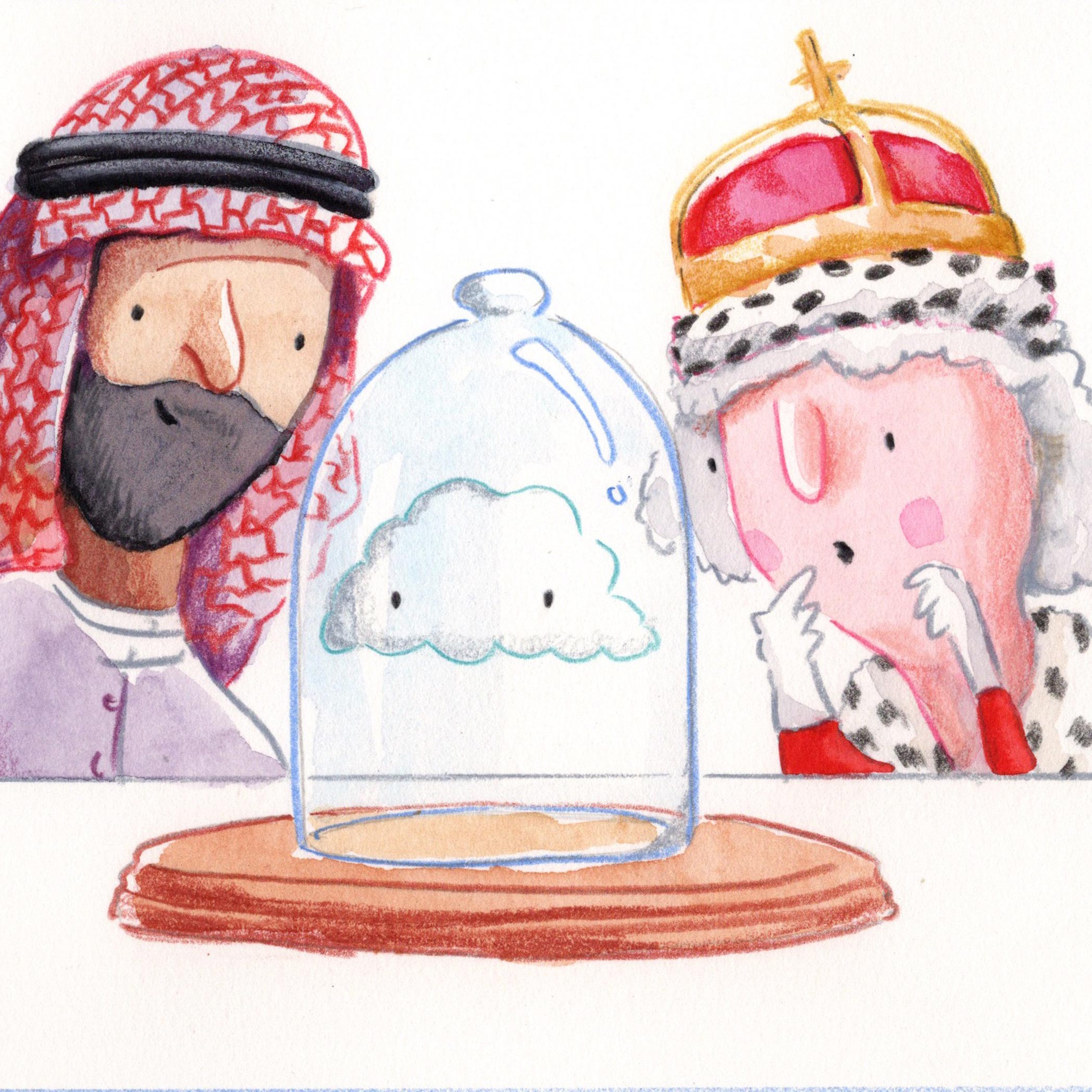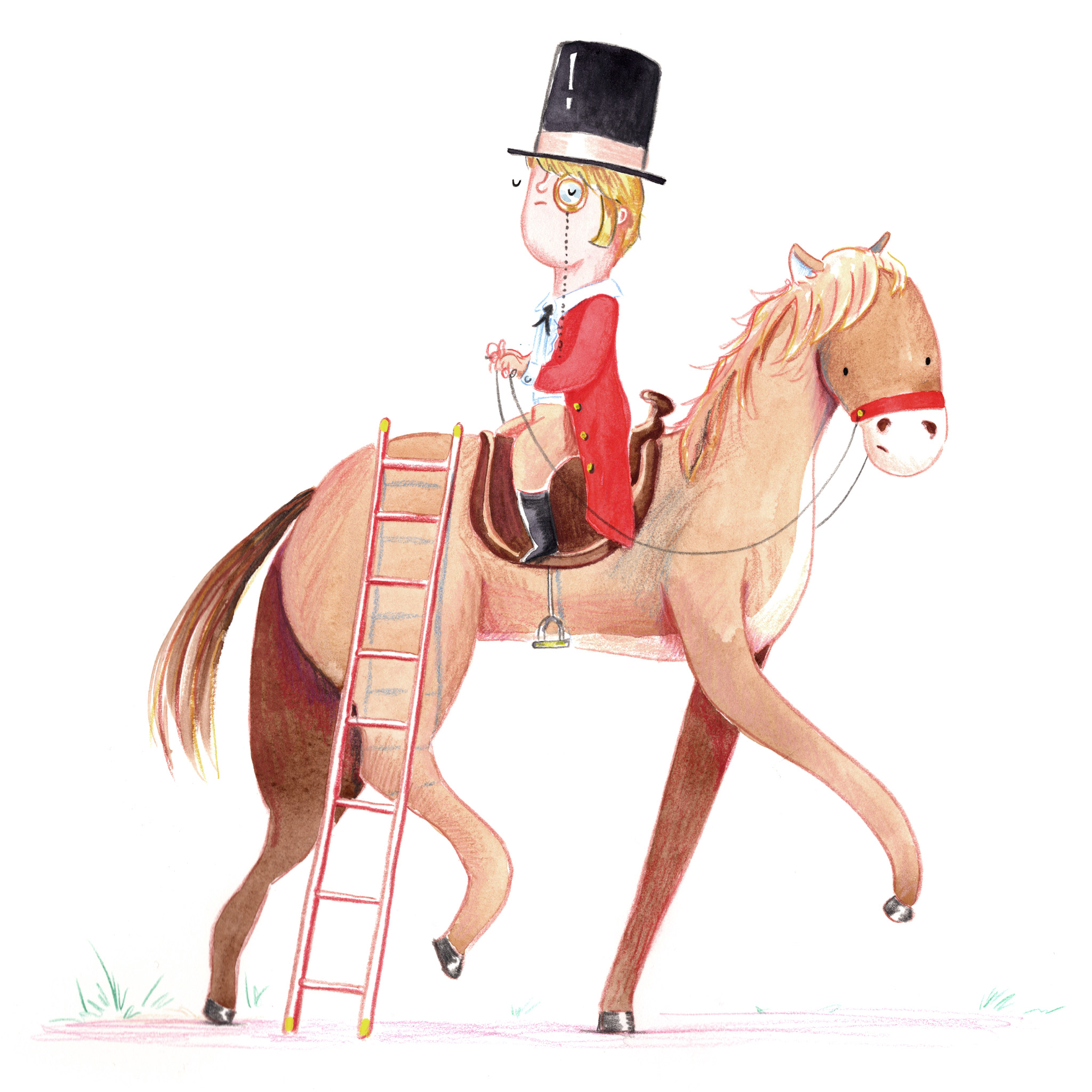The things we own, and the labour we practice so that we can own those things, can be measured across three fundamental domains of value: Use, Exchange, and Symbol/Sentiment.
- Value of use: is when we derive benefit from the use of an object. i.e. Hammers have high use value because they help us nail things into other things in the way that other objects cannot.
- Value of exchange: is when we derive benefit from the sale of an object. i.e. we own vintage cars in the hope that one day, we can sell them for more.
- Value of symbol or sentiment: is when we derive benefit from the way an object makes us feel or what it says about us in society. e.g. The fashion brands we purchase are a way that many people communicate to the rest of the world about how much money they have or what sort of person they are.
Not all labour or objects have equal value across these domains, and nor should they. It’s unlikely that I will be able to sell a toothpick I just used for any more than I bought it for, but it has a high value of use for cleaning my teeth after a meal. If, however, that toothpick was George Clooney’s, the exchange *and* symbolic value is likely to be much higher.
Likewise, the same applies to labour. A nurse has incredibly high use-value because of the important function and service they perform for society, but in relative terms, they aren’t paid much and so the exchange value of that labour is relatively low.
It’s also important to recognise that objects or labour don’t have inherent or fixed value either. 20 years ago, practising law had high exchange value, but it’s now almost on par (and maybe in decline) compared to software engineering. The exchange value of books has decreased substantially as the world found other ways to share information. Interestingly, rare books are only increasing in exchange value by virtue of their scarcity.
Applying this knowledge in decision-making
Knowing these domains of value help me think more deeply about my habits of consumption and labour. They don’t inherently make things morally good or bad, but they’re just a framework to sense-check why I’m buying or not buying something, or why I’m spending my time working on this thing and not that thing.
In the case of the labour of my art practice: It has incredibly high use-value for me; it helps me sort out the tangle of emotions and thoughts that knot up over time if I don’t tend to them through writing or drawing. The output of that labour has, comparatively to my day job, very little exchange value. Yes, I make books, but designing and building software is a far superior way to spend time if what I want to optimize is the exchange of money and time. Symbolic value is an interesting one. My art practice has evolved my identity, there’s no doubt about it, even though it took about 5 years of almost daily practice to begin to feel comfortable with calling myself an ‘artist’. But it’s not the primary reason I practice art. My aim is not to be a well-known artist, it never has been. But, I fully expect that the emphasis on these domains will shift and change over time. Maybe when I’m rich and famous (lol), those paintings that I’ve created will garner higher exchange value than they do now?
Domains of value are also useful when thinking about the purchasing of art for myself. The art I acquire has very high symbolic-value. I’d be lying if I didn’t say there is pride and prestige for me in acquiring the art I love and showing it off to people when they visit. The collection and display of objects as a way to reinforce our identity is deeply human after all. But, the art I choose to hang in my home also has very high use-value. It’s on my wall, I look at it every day. It reminds me of who I am, and what I aspire to be. Right now, my art purchasing decisions aren’t based on exchange value at all. Some will say that’s a mistake, but that’s only because exchange value is a higher priority for them; which, of course, has it’s own inherent symbolic value.
The domains of value that I emphasise in my life has changed and will continue to change over time. In my younger days when I had little money, exchange-value was more important – how little time could I spend working for the most amount of money? Right now, it’s a use or symbolic value that I see as more important. However it might change in the future, this model of value will be a nice way to check-in with myself and help me understand what I buy, how I spend my time, and why.






